FIVE-STAR TEAM WARRANTY &
SAME-DAY SERVICE
What is an ABS Pipe? A Comprehensive Guide to ABS Pipes
An ABS pipe is a type of plastic pipe commonly used in plumbing and drainage systems. ABS stands for acrylonitrile butadiene styrene, which is a thermoplastic polymer that is known for its toughness and resistance to impact. ABS pipes are lightweight, durable, and easy to install, making them a popular choice for both residential and commercial applications.
ABS pipes are typically black in color and have a smooth surface. They are available in a variety of sizes and lengths to accommodate different plumbing and drainage needs. ABS pipes are also resistant to chemicals and UV light, which makes them ideal for outdoor applications.
History and Development of ABS Pipes
ABS pipes were first developed in the 1950s by the American company, Borg-Warner. The material was initially used for automotive parts, but its properties, such as its strength, durability, and resistance to chemicals, made it a suitable material for use in piping systems.
Over the years, ABS pipes have been refined and improved, with new technologies and manufacturing processes making them even more reliable and efficient. Today, ABS pipes are widely used in a variety of applications, including drainage, waste, and vent systems in residential, commercial, and industrial buildings.
One of the significant advantages of ABS pipes is their ability to withstand high temperatures and pressures, making them a popular choice for hot water supply lines. They are also resistant to impact and abrasion, making them ideal for use in areas with high traffic or where the pipes may be exposed to physical damage.
ABS pipes are typically joined using solvent cement, which creates a strong, leak-proof bond between the pipes. This method of joining also allows for easy installation and maintenance, as the pipes can be easily cut and fitted to the required length.
In summary, ABS pipes have a long history of development and refinement, and their properties make them an excellent choice for a wide range of piping applications.
Definition of ABS Pipe
ABS pipe is a type of plastic piping that is commonly used for various plumbing and drainage applications. It is made from a thermoplastic material known as Acrylonitrile Butadiene Styrene (ABS). This material is known for its high strength, rigidity, and chemical resistance.
ABS pipes are typically black in color and have a smooth, glossy surface. They are available in a range of sizes and lengths to suit different requirements. ABS pipes are also lightweight and easy to install, making them a popular choice for DIY projects.
One of the key advantages of ABS pipes is their resistance to chemicals and corrosion. They are particularly well-suited for use in harsh environments where other materials may deteriorate over time. ABS pipes are also resistant to impact and abrasion, making them a durable choice for plumbing and drainage systems.
In addition to their strength and durability, ABS pipes are also known for their ease of use. They can be easily cut to size using standard tools and can be joined together using a variety of fittings and connectors. This makes them a versatile and flexible option for a wide range of applications.
Overall, ABS pipes are a reliable and cost-effective choice for plumbing and drainage systems. Their strength, durability, and chemical resistance make them a popular choice for both residential applications.
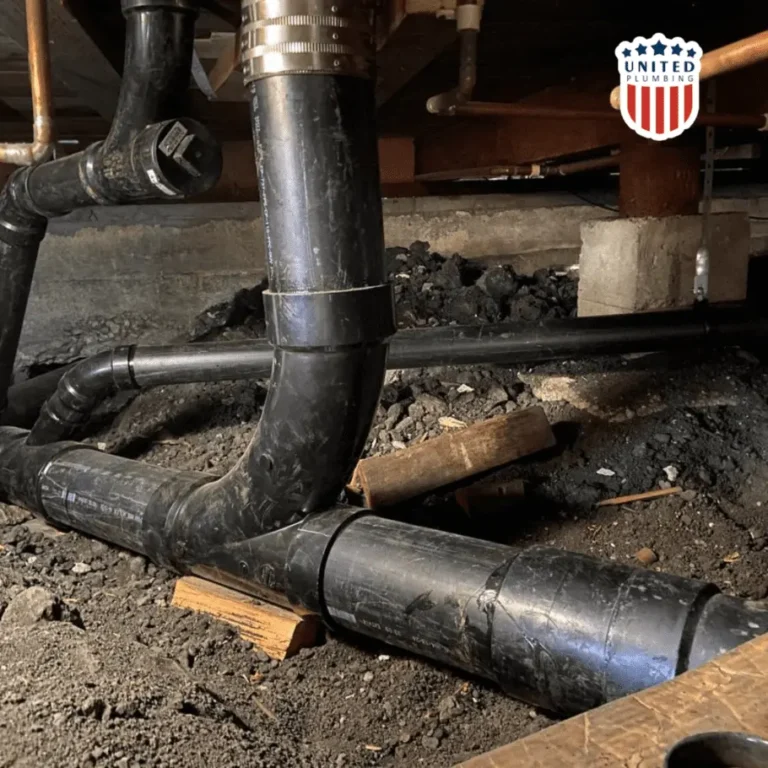
Properties and Characteristics of ABS Pipes
ABS pipes have several properties and characteristics that make them a popular choice in various applications. Here are some of the key features of ABS pipes:
Impact Resistance: ABS pipes are tough and durable, and can withstand impact without cracking or breaking. This makes them ideal for use in environments where there is a risk of damage from impact.
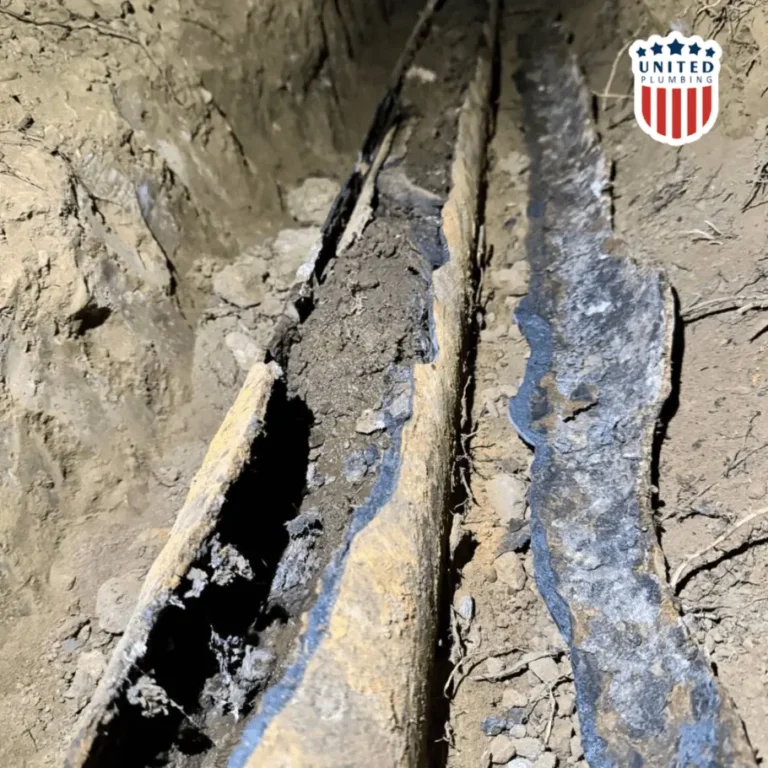
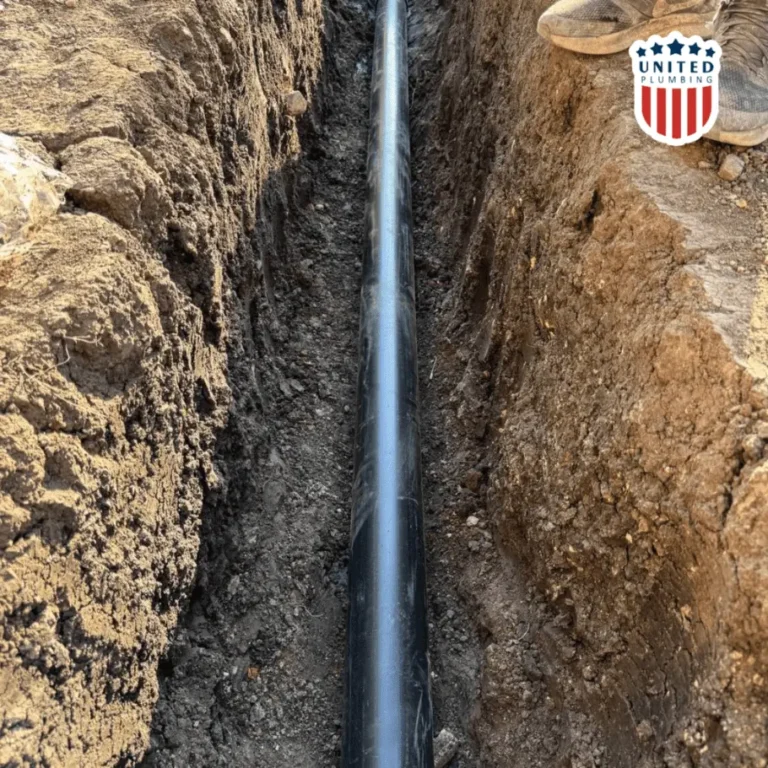
Chemical Resistance: ABS pipes are highly resistant to a wide range of chemicals, making them suitable for use in chemical processing plants and other industrial applications.
Heat Resistance: ABS pipes can withstand high temperatures without melting or deforming, making them suitable for use in applications where heat resistance is important.
Low Thermal Conductivity: ABS pipes have low thermal conductivity, which means they do not conduct heat well. This makes them ideal for use in applications where insulation is required.
Lightweight: ABS pipes are lightweight and easy to handle, making them easy to install and transport.
Corrosion Resistance: ABS pipes are highly resistant to corrosion, making them ideal for use in environments where there is a risk of corrosion.
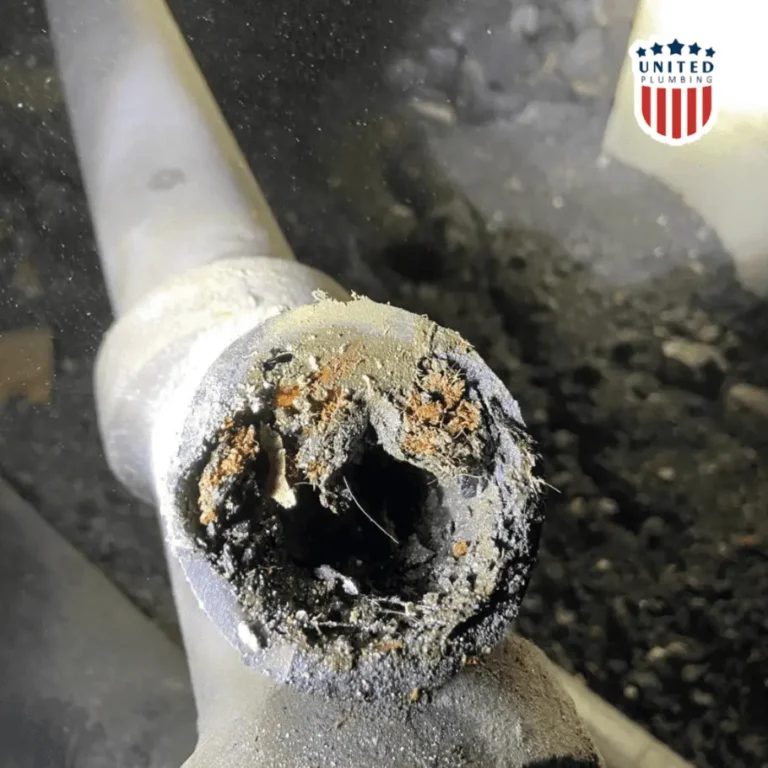
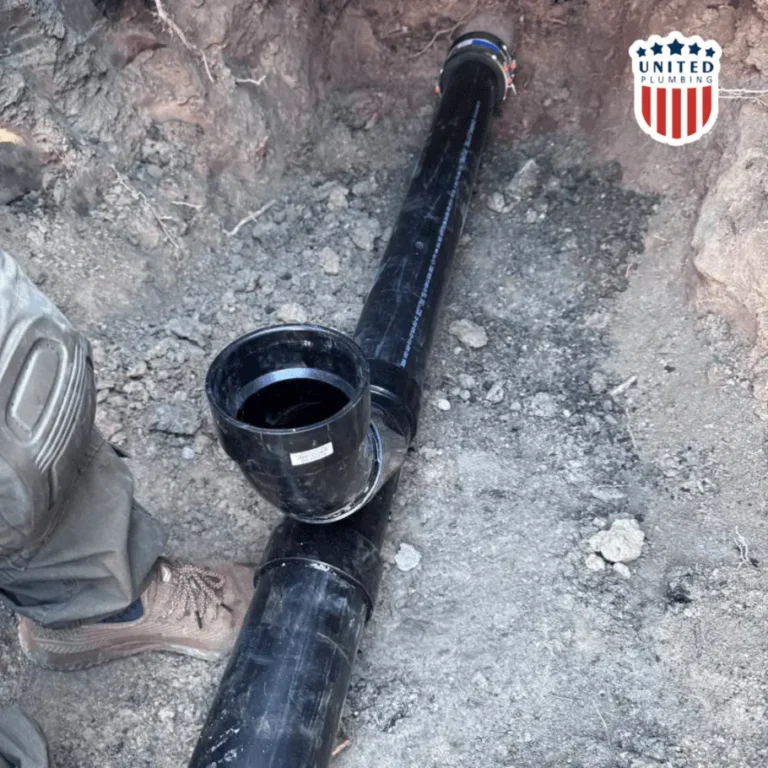
Low Flammability: ABS pipes have low flammability, which means they are less likely to catch fire than other materials. This makes them suitable for use in applications where fire safety is important.
Overall, ABS pipes are a versatile and reliable choice for a wide range of applications. Their unique combination of properties and characteristics makes them suitable for use in many different industries, including chemical processing, construction, and plumbing.
Advantages of Using ABS Pipes
ABS pipes have several advantages over other types of pipes. Here are some of the main benefits of using ABS pipes:
1. Durability
ABS pipes are known for their durability and strength. They are resistant to impact, abrasion, and chemicals, making them ideal for use in harsh environments. ABS pipes can withstand high temperatures and pressure, making them suitable for use in both residential and commercial applications.
2. Easy to Install
ABS pipes are lightweight and easy to install, which makes them a popular choice among contractors and DIY enthusiasts. They can be easily cut to size and joined together using solvent cement, which creates a strong and leak-proof bond.
3. Low Cost
ABS pipes are relatively inexpensive compared to other types of pipes, such as copper or PVC pipes. This makes them an affordable option for those on a budget. Additionally, their durability and longevity make them a cost-effective choice in the long run.
4. Corrosion Resistant
ABS pipes are resistant to corrosion, which makes them ideal for use in areas with high moisture or chemical exposure. They do not rust or corrode, which helps to extend their lifespan and reduce maintenance costs.
In summary, ABS pipes are a durable, easy-to-install, low-cost, and corrosion-resistant option for plumbing and drainage systems. Their versatility and reliability make them a popular choice among homeowners, contractors, and engineers alike.
Installation and Handling of ABS Pipes
ABS pipes are lightweight and easy to handle, making them a popular choice for plumbing and drainage systems. However, proper installation and handling are important to ensure their longevity and prevent leaks or damage.
Cutting ABS Pipes
When cutting ABS pipes, it is important to use a fine-toothed saw to avoid splintering or cracking the material. Before cutting, the pipe should be marked with a pencil or marker to ensure accuracy. Once cut, the edges should be sanded to remove any burrs or rough spots.
Joining ABS Pipes
ABS pipes are typically joined using solvent cement, which chemically bonds the two pieces together. Before joining, the pipes should be cleaned and dry-fit to ensure proper alignment. The solvent cement should be applied evenly to both the pipe and fitting, and the pieces should be joined immediately and held in place for a few seconds to allow the cement to set.
Handling and Storage
ABS pipes should be handled and stored carefully to avoid damage. They should be kept away from direct sunlight, heat sources, and chemicals that could cause discoloration or degradation. When transporting ABS pipes, they should be secured and supported to prevent bending or cracking.
Maintenance
Regular maintenance is important to ensure the longevity and proper functioning of ABS pipes. Any leaks or damage should be immediately repaired, and the pipes should be inspected periodically for signs of wear or corrosion. Harsh chemicals or abrasive cleaners should be avoided, as they can damage the material.
In summary, proper installation, handling, and maintenance are crucial for the longevity and functionality of ABS pipes. By following these guidelines, users can ensure their ABS pipes provide reliable and efficient plumbing and drainage solutions.
Maintenance and Durability of ABS Pipes
ABS pipes are known for their durability and low maintenance requirements. They are resistant to corrosion, chemicals, and impact, making them a reliable choice for plumbing and drainage systems.
One of the benefits of ABS pipes is that they do not require frequent maintenance. However, it is important to keep them clean to prevent clogs and blockages. Regular cleaning with a mild detergent and warm water can help maintain the pipes’ integrity and prevent buildup.
In terms of durability, ABS pipes have a lifespan of up to 50 years when installed and maintained properly. They can withstand high temperatures and pressures, making them suitable for a variety of applications.
It is important to note that ABS pipes should not be exposed to direct sunlight for extended periods of time, as this can cause them to become brittle and crack. Additionally, they should not be used for hot water applications above 140°F, as this can cause the pipes to warp or deform.
Overall, ABS pipes are a durable and low-maintenance option for plumbing and drainage systems. With proper installation and maintenance, they can provide reliable service for many years.
In conclusion, ABS pipe technology is constantly evolving, with new innovations and trends that improve their performance, durability, and sustainability. As these new technologies become more widely available, ABS pipes will continue to be a popular choice for a wide range of applications.
Post views: 1055
Latest posts
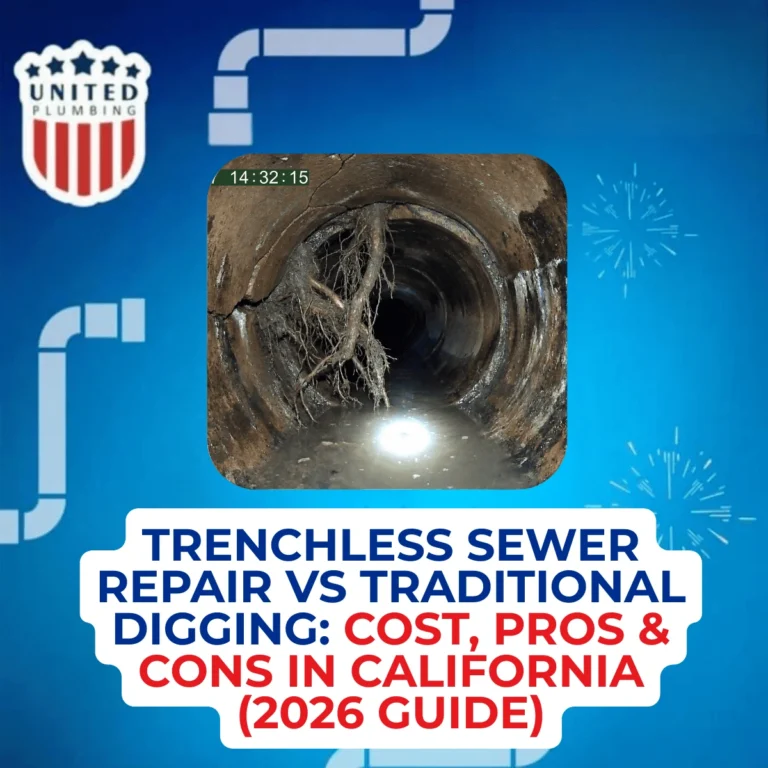
Trenchless Sewer Repair vs Traditional Digging: Cost, Pros & Cons in California (2026 Guide)
In California, trenchless sewer repair typically costs between $6,000 and $18,000, while traditional sewer line...

Does LED Flickering Mean an Electrical Problem?
What California Homeowners Need to Know
LED lights are popular in California homes because they use less energy...


If you still have questions or need advice, please leave a request and we will contact you as soon as possible
Need a plumber and got no clue where to start?
(408) 539-6936Facing a plumbing issue? Get a FREE in-person estimate and quick solutions from our skilled technicians, ensuring your home runs smoothly again!
